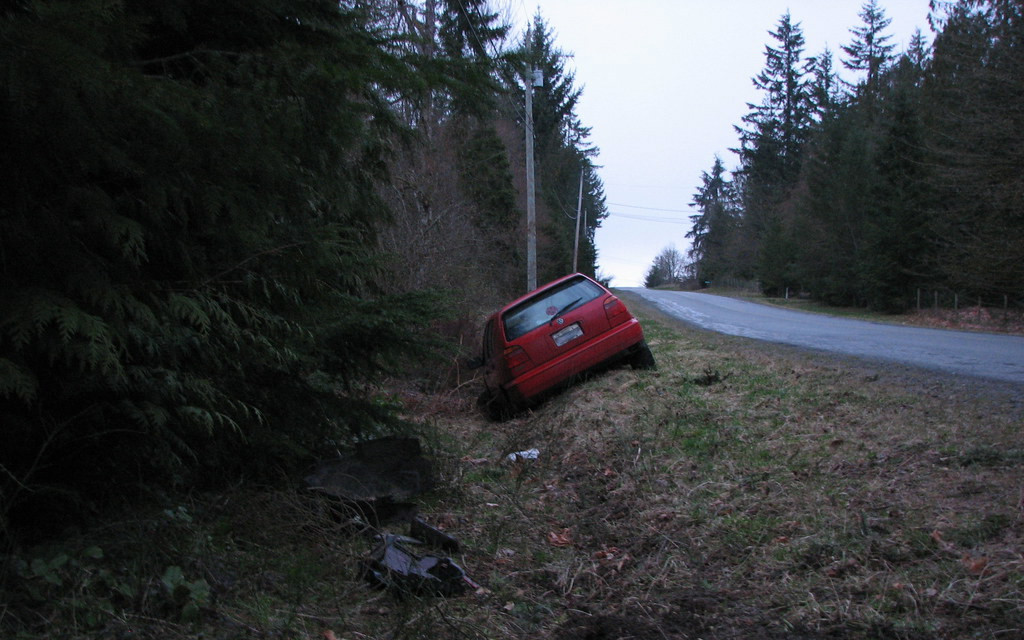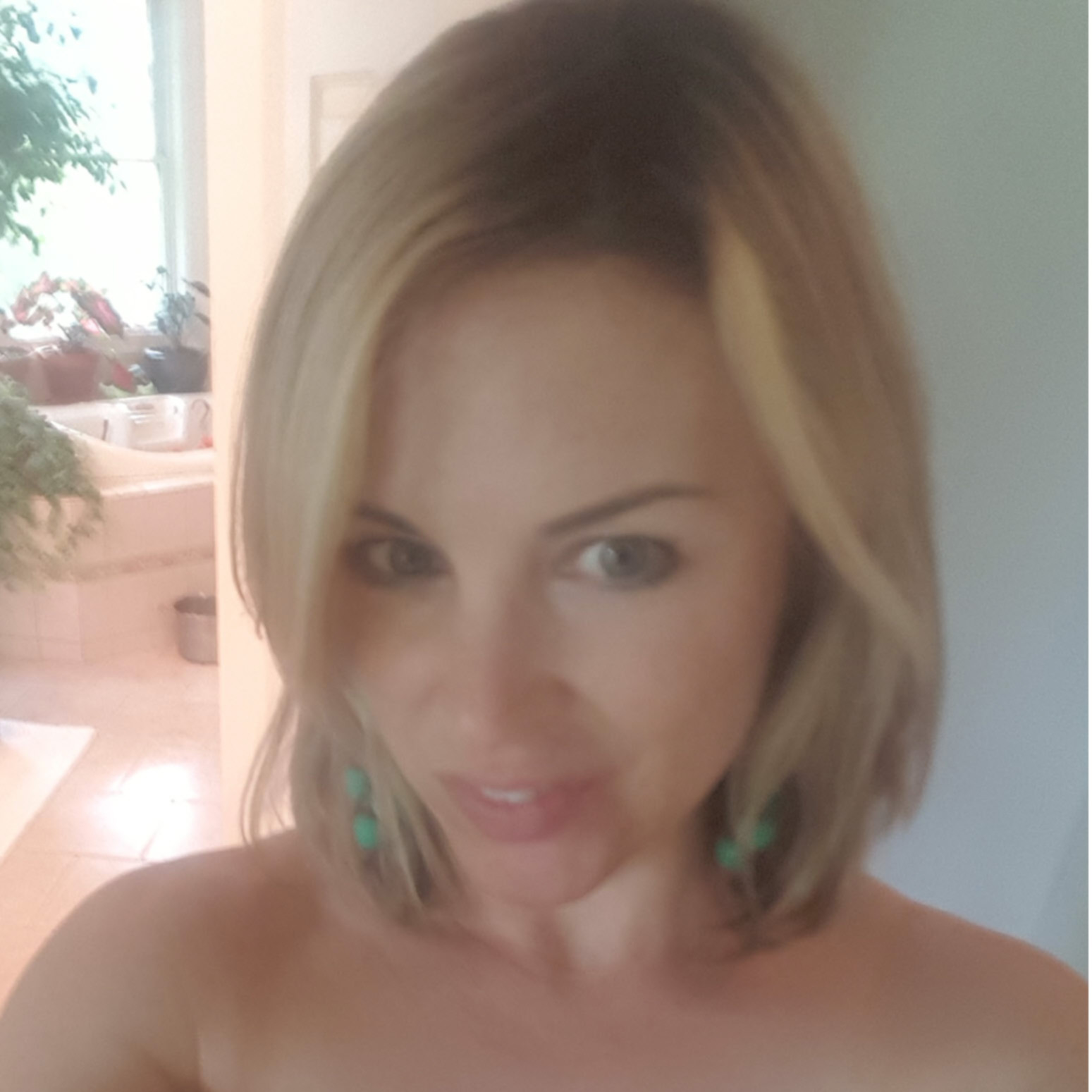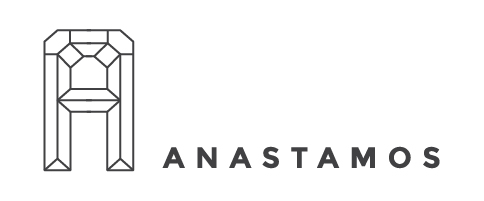The Crossing
Anna E. Pollock
Listen to “The Crossing”:
“Everything seems close, and if you go toward it you never reach it. I have never understood these distances. I was always behind, everything ran ahead of me. There was only dust in my face. And no end in sight.”
—Herta Muller, Nadirs
Field of matted grasses and burly bent over shrubs where I pretend it is England. When the words stop, I go on as I do inside, blank as clouds. What is said is rivulets of thawed snow, black water pushing downhill in thin glittery trails of meaning. Words that go where water goes the same way, the path of least resistance. The matted grasses of what is not said are everywhere else.
All I know are the erased paragraphs of matted grasses and the burning cold of thaw streams that disappear one day to the next.
Things that happen are weather. Wind that scrubs my cheeks and brings down branches. Hands cold underneath clothes. Smells of skin and dirt that are usually hidden. I don’t know how to tell anything. Birds are arrows. I am a rock stuck in dirt against a second rock that is my brother. Rain torques down. A dog runs by panting.
Years go by, slide things away. Whole paragraphs are missing but I can’t find them. My head has nothing. Just this long nothing.
***
There is field and a middle field and a faraway field. Trucks come and go on the road. My mother is crying in a way that sounds like water being wrung from a wash cloth. Last year’s apples are balls of old blood in the lengthening grass. The jawbone of a deer turned gray as rocks. Our large black dog heaves through the field. Spring is a muscle. Our ears are loose and shaky when the dump trucks rumble down the dirt road hill. They turn into the field. The backs of the trucks like the backs of hard-pressed men in heavy pants doing what they are told. Apples with ripping skins in the hair of the grass.
Stray water like a pewter chain over the throat of the yard. The slant of the hill holds the tilted barn. My father carries a tulip in his mouth, always about to say something that he never says. He cleans the shovel blade by pushing it into unbroken dirt with his foot, the metal scratched and shining, his eyes like drops of pewter water that well up out of his face. Water that used to be snow.
He turns the garden shovelful by shovelful. Sweat runs down his face and into his beard. A drop of water at the bottom of his nose will fall into the garden. He digs a long row for onions, turns around and digs the way back. He digs every row planting little drops of sweat.
***
I don’t know what age I am. The road is pressed down by the weight of the trucks. Gray weathered bones dirt with young brown field dirt. The ditch on this side of the road is shadowed and held in different hands and opens its eyes in the sun. The ditch on the other side of the road stops the field with its cut. It crawls on its knees looking for water.
There is over there. I try to go but I don’t go. I watch. I kick half buried rocks out. I punish here with the thumps of these rocks. I stretch out my hands to over there.
My mother closes the oven door. My father closes the wood stove door. My brother closes the back porch door. My mother closes the bathroom door. My father closes the bedroom door. The heavy front door is closed. The handprints of blood have been scrubbed away. Glass fell into the water. A woman came for help. Her long blonde hair matted with blood. She left her hands on the door of our empty house.
We learn her name is Sylvia. I say it over and over in my mouth to the grass I am combing with my rough chapped hands. Sylvia to the blue and gray feather. Sylvia to the moss in tufts humped on the roots of the mailbox tree. Sylvia to the number of our house. I yell it across this ditch to that ditch where another language is spoken. Against the mailbox tree into the corrugated bark I lick Sylvia. Every place is always another place.
I look into the dark barn. On the first side Sylvia may be hiding in the oil smell and the shiny nails. I look for her eyes in the coffee can of pennies. A tuft of fuzz from my father’s rope is her hair. The barn has been moved through by her hips. My father’s large scythe looms grinning about when it will cut me in half. And this is where she slept on the second side in the hollow of silt and straw where animals lie down. I lie down inside her. If I know where I am, I am lost. This whole world buries me. I wear a broken glass dress. When I grow up, I will be Sylvia.
***
I run like a kite, arms stretched out at the end of the tether but never loose.
***
A car here could veer off. Sylvia had a prone car. I drive a prone car. Smashed against the bases of trees our heads on the steering wheels. I wind up same as her, half in the ditch, blood in my hair. A flock of black birds rises like an orchestra.
***
When I get there I will be more. Sentences will come. I will know something, many things. As if in crossing I will turn into someone else. I believe this and am able to start. I start and wait. I go further and then I am still here. What I don’t have left I throw again like dice. I throw my life. It lands where I am. No progress.
I am still here on the shoulder of the road near where a car once veered off and other cars are called to follow if they have ears to hear the edge lulling their heads to bleed on the steering wheels. Once a woman drove and her car slipped over the edge. She was no one we knew but I am inside of her helpless shape.
She was escaping her husband. My mother puts her cold water hand on my forehead. There is a fire inside my ear. I hear a car smashing into the ditch, broken glass and dirt and dried leaves. I swing my head back and forth back and forth ear to pillow other ear to pillow. I hear a hand on the door. She hauled herself from the car over the yard up the porch steps to the door. For many years she was hunted. From one room to the next disentangling her matted hair from the steering wheel. He loomed behind her, closing in. I put my face in the freshly washed sheet pinned to the line. I hear her touch my face. I smell her bleeding.
She still didn’t stop. She was in the car getting away and then she was bleeding against the steering wheel and then her hands were on the door of our empty house. He was coming. Over my shoulder I always look for his black car. Wet seeps through. Birds hang over the field like arrows. I don’t say her name any more. Up the hill slammed into the ditch against our door trying for help. Bleeding into the dirt. Over there doesn’t know this. I have shoulders on my shoulders, a name on top of my name. Help isn’t here. The surge of being hunted touches my face. Pewter water comes out of the hill. The clouds are loose. Over there watches me from far away.
My mother is crying like the well in the yard running off into the grass. After the crying the grass river goes away. The grass river comes back again tomorrow. She stays to cry again. I will not cry here. I cry with my body flat on the ground clenching the grass to keep from falling. It is a long time before I think of crossing again.
 Anna E. Pollock is an emerging writer and a previous winner of the Sue Saniel Elkind Poetry Award given by Kalliope Magazine (under her then pen name, Sita Rose). Anna is a mother, a traveler, and a vegan chef who is both an alumna and an employee of Cornell University. The Crossing is part of a larger work in progress.
Anna E. Pollock is an emerging writer and a previous winner of the Sue Saniel Elkind Poetry Award given by Kalliope Magazine (under her then pen name, Sita Rose). Anna is a mother, a traveler, and a vegan chef who is both an alumna and an employee of Cornell University. The Crossing is part of a larger work in progress.
Featured Image: “A trail of scraped dirt and broken parts” provided by Gord Webster (licensed under CC BY SA 2.0).


No Comments